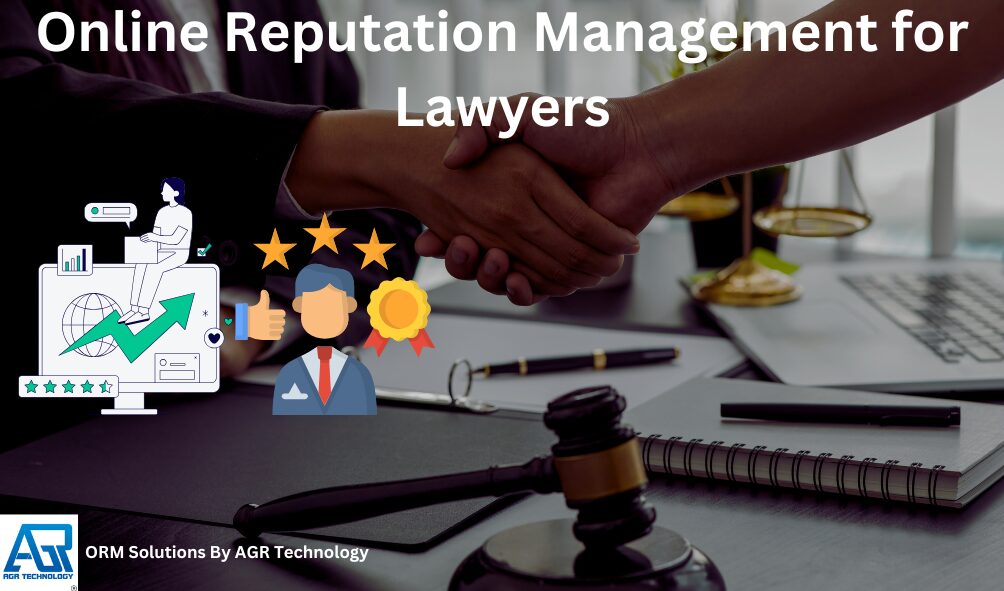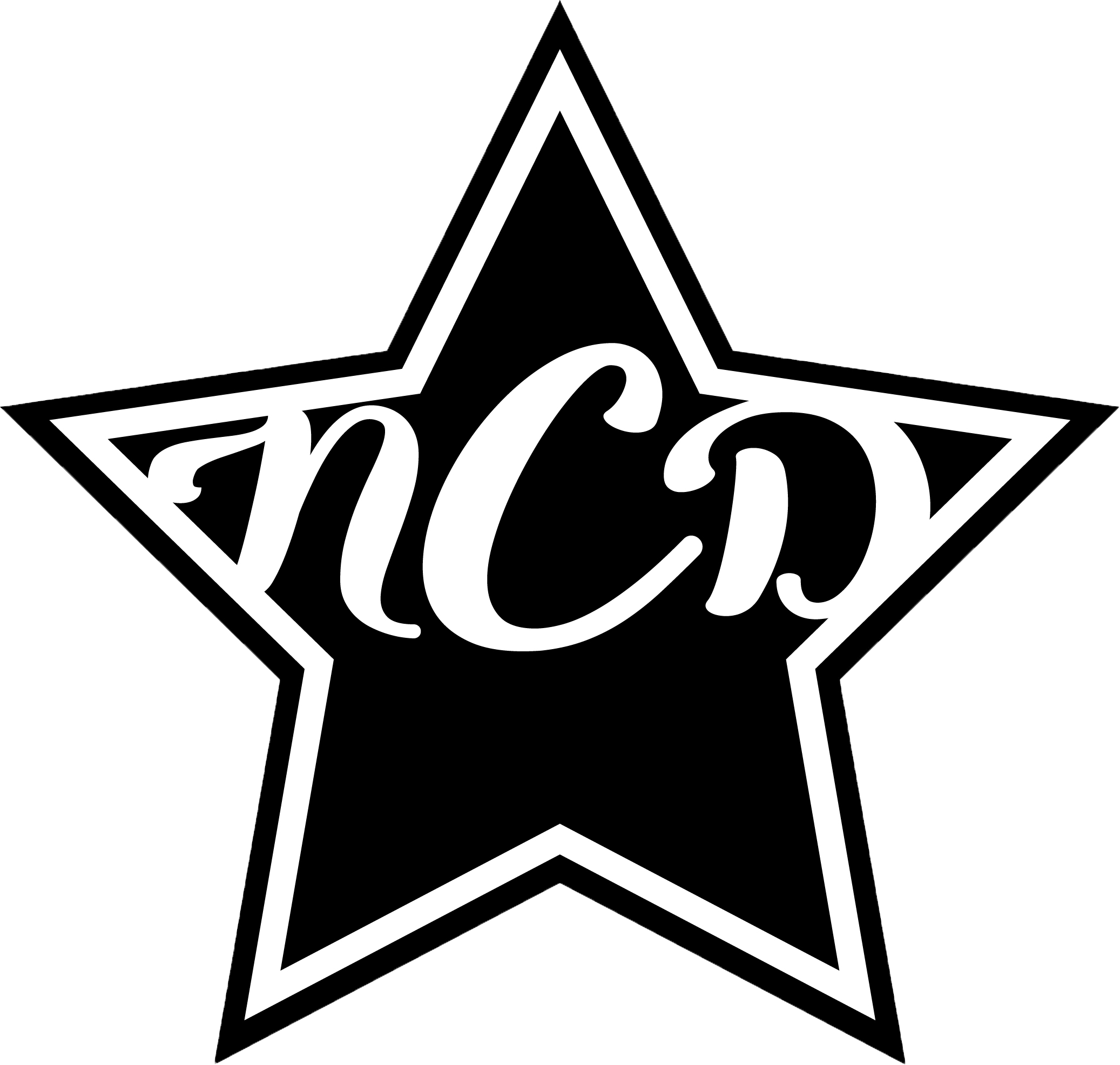In today’s digital landscape, a lawyer’s online reputation can make or break their practice. With over 80% of potential clients turning to online reviews and digital profiles when seeking legal representation, maintaining a positive digital presence has become crucial for law firms nationwide.
We’ve witnessed a significant shift in how legal professionals manage their digital footprint. It’s no longer enough to excel in the courtroom – lawyers must actively shape their online narrative through strategic reputation management. From monitoring online reviews to optimizing Google Business profiles, these efforts have become cornerstones of modern legal practice. Statistics show that law firms actively managing their online presence see improved client trust and stronger market positioning in an increasingly competitive legal landscape.
Book a free consultation call with AGR Technology to see how we can help scale your brand with proven brand protection strategies
Reviews from some of our happy customers:
Supporting businesses of all sizes to get ahead with digital solutions






Why work with us?
Introduction To Online Reputation for Law Firms
Online reputation management shapes how potential clients perceive law firms in the digital space. Research shows that 80%+ clients check online reviews before selecting a company or individual to work with, making digital presence a critical factor in practice growth.
Why Lawyers Need Reputation Management
Legal professionals face unique reputation challenges in the digital environment:
- Client Privacy Protection limits the ability to respond to negative reviews with case details
- Professional Ethics Requirements restrict marketing claims and testimonial usage
- Competitive Market Dynamics amplify the impact of online ratings on client acquisition
- Search Result Prominence affects visibility when potential clients research legal services
Key Components of Legal Online Presence
A comprehensive legal online presence includes these essential elements:
- Professional Website Content featuring practice areas expertise certifications
- Google Business Profile optimization with accurate business information
- Legal Directory Listings on platforms like Avvo Martindale FindLaw
- Social Media Profiles demonstrating thought leadership community involvement
- Review Management Systems tracking monitoring client feedback
- Crisis Communication Protocols addressing negative feedback professionally
The online reputation landscape requires constant monitoring as search algorithms update reviews accumulate new platforms emerge. Legal professionals maintaining strong digital presence demonstrate commitment to transparency client service excellence.
Assessing Your Current Online Reputation
Legal professionals’ online reputation starts with a thorough evaluation of their existing digital footprint. A comprehensive assessment reveals current strengths while identifying potential reputation vulnerabilities across digital platforms.
Conducting a Digital Audit
A digital audit maps the complete online presence of a law practice across multiple platforms:
- Search Engine Results: Review the first 3 pages of Google search results for your name practice name
- Review Sites: Analyze ratings scores client feedback on legal directories like Avvo Martindale-Hubbell
- Social Media Presence: Examine engagement metrics content quality across LinkedIn Twitter Facebook
- News Coverage: Track mentions in digital news outlets industry publications press releases
- Professional Listings: Monitor accuracy of information on bar association legal directory profiles
| Platform Type | Key Metrics to Track |
|---|---|
| Review Sites | Average Rating Professional Response Rate |
| Social Media | Engagement Rate Post Frequency |
| Directory Listings | Profile Completeness Citation Consistency |
| Search Results | Position for Key Terms Sentiment Analysis |
Identifying Areas for Improvement
- Review Management: Track response rates to client feedback addressing gaps in review monitoring
- Content Strategy: Identify outdated or inconsistent information across platforms
- Profile Optimization: Update incomplete listings with current practice areas certifications awards
- Brand Consistency: Align messaging visual elements contact details across all digital touchpoints
- Engagement Metrics: Monitor social media interaction rates content performance statistics
Building a Strong Online Foundation
A strong online foundation combines optimized digital assets to establish credibility for law firms. The key components focus on website optimization, directory presence and strategic social media management.
Optimizing Your Law Firm Website
Professional websites serve as digital storefronts for law practices. Create dedicated sections for client testimonials to build trust through social proof. Include comprehensive information about practice areas expertise and notable case results. Implement SEO best practices by:
- Optimizing meta titles and descriptions with relevant legal keywords
- Creating practice area landing pages with detailed service information
- Including attorney bio pages with credentials and achievements
- Adding structured data markup for enhanced search visibility
- Maintaining an active blog with legal insights and updates
Leveraging Legal Directories
Legal directories provide valuable visibility and validation for law firms. The most impactful directories include:
Optimize directory listings by:
- Completing all profile sections with detailed information
- Adding professional photos and credentials
- Requesting client reviews and testimonials
- Maintaining consistent contact information across listings
- Monitoring and responding to reviews promptly
Managing Social Media Profiles
Active social media presence demonstrates thought leadership and engagement. Key social media optimization strategies include:
- Sharing legal insights and firm updates regularly
- Engaging with relevant legal discussions
- Posting professional event photos and achievements
- Monitoring mentions and responding to comments
- Cross-promoting content from the firm’s website
- Maintaining brand consistency across all platforms
These foundational elements create a cohesive digital presence that builds credibility and attracts potential clients while maintaining professional standards.
Generating and Managing Client Reviews
Client reviews significantly impact a law firm’s online reputation, with approximately 70% of customers leaving reviews when asked. Here’s how to effectively generate and manage client reviews while maintaining professional standards.
Best Practices for Requesting Reviews
Reviews form a crucial part of the client file closing process. Here’s how to maximize review generation:
- Send review requests within 72 hours of case completion for optimal response rates
- Focus on one review platform at a time, prioritizing Google and Facebook for maximum visibility
- Create a dedicated review page on your website to showcase client testimonials
- Implement automated review funnels to streamline the feedback collection process
- Email satisfied past clients with direct review requests
Responding to Positive and Negative Feedback
Professional response management strengthens client relationships and demonstrates commitment to service excellence:
- Address all reviews within 24-48 hours of posting
- Maintain client confidentiality in all responses
- Thank positive reviewers for specific feedback about your services
- Respond to negative reviews professionally, offering offline resolution options
- Document review response procedures for consistency across staff members
Ethical Considerations for Review Management
- Never offer incentives or compensation for reviews
- Preserve attorney-client privilege in all review responses
- Avoid disclosing case details without explicit client permission
- Maintain truthful representation in review solicitation
- Follow state bar association guidelines for online testimonials
- Document client consent for using testimonials on your website
Developing a Content Strategy
Content strategy forms the cornerstone of online reputation management for lawyers, creating multiple touchpoints across digital platforms. High-quality content establishes authority, suppresses negative search results and expands digital visibility through strategic placement.
Creating Authority Content
Authority content focuses on delivering value through specialized legal expertise and insights:
- Practice Area Guides: Create comprehensive resources explaining complex legal processes in clear terms
- Case Studies: Document successful cases with measurable outcomes while maintaining client confidentiality
- FAQ Collections: Address common client questions specific to each practice area
- Legal Updates: Analyze recent legislation changes and court decisions affecting client interests
- How-to Articles: Provide actionable guidance on navigating legal procedures
Thought Leadership Opportunities
Thought leadership content positions attorneys as trusted experts in their field:
- Industry Analysis: Publish detailed perspectives on emerging legal trends
- Expert Commentary: Offer insights on high-profile cases relevant to practice areas
- Educational Content: Create webinars videos podcasts on specialized legal topics
- Professional Publications: Contribute articles to respected legal journals websites
- Speaking Engagements: Document conference presentations panel discussions
Media Relations and Press Coverage
- Press Releases: Announce firm achievements promotions community involvement
- Media Interviews: Share expert commentary on relevant legal issues
- Feature Stories: Highlight pro bono work significant case victories
- Community News: Document participation in local events charitable initiatives
- Award Recognition: Promote professional accolades industry rankings
Monitoring and Maintaining Your Reputation

Online reputation monitoring provides law firms with real-time insights into their digital presence across multiple platforms. Effective tracking combined with swift response protocols ensures the protection of a firm’s professional image in the digital space.
Crisis Management Protocols
- Documentation system captures incident details within 1 hour of occurrence
- Response templates address common scenarios while maintaining confidentiality
- Designated spokesperson handles media inquiries following established guidelines
- Internal communication channels notify key stakeholders of developing situations
- Review monitoring increases to hourly checks during active incidents
- Legal compliance review precedes public statements or responses
Conclusion
A strong online reputation isn’t just an asset for modern law firms – it’s a necessity. We’ve seen how digital presence management directly impacts client acquisition with over 80% of potential clients basing their decisions on online reviews and profiles.
Managing your law firm’s digital reputation requires a strategic blend of review management content creation and consistent monitoring. By implementing the strategies we’ve discussed you’ll be better positioned to build trust maintain professional standards and grow your practice in today’s digital landscape.
The investment in comprehensive online reputation management will continue to yield significant returns as more clients turn to digital platforms for their legal needs. It’s time to take control of your firm’s narrative and establish a powerful online presence that reflects your expertise and dedication to client service.
Book a free consultation call with AGR Technology to see how we can help scale your brand with proven brand protection strategies
Frequently Asked Questions
How important are online reviews for lawyers?
Online reviews are crucial for lawyers, with over 80% of potential clients relying on them when choosing legal representation. Studies show that 83% of legal clients check online reviews before making a decision, and 76% trust positive reviews. A strong digital presence is essential for practice growth and client trust.
What are the key components of a lawyer’s online presence?
A comprehensive online presence includes a professional website, optimized Google Business profile, legal directory listings, active social media accounts, review management systems, and crisis communication protocols. These elements work together to establish credibility and attract potential clients while maintaining professional standards.
How should lawyers handle negative reviews?
Lawyers should respond professionally to negative reviews while maintaining client confidentiality. Never reveal case details or argue with reviewers. Instead, acknowledge concerns, offer to discuss them privately, and demonstrate a commitment to client satisfaction. Follow state bar association guidelines when responding.
What is the best way to request client reviews?
Request reviews within 72 hours of case completion, prioritize Google for visibility, and make the process simple for clients. Don’t offer incentives, as this violates ethical guidelines. Create a dedicated review page on your website and maintain a consistent follow-up process.
How can lawyers monitor their online reputation?
Use digital monitoring tools like Google Alerts, review management platforms, social listening tools, and analytics dashboards. Track key metrics including review response time, average rating, profile completeness, and search position. Implement crisis management protocols for handling reputation challenges.
What content should lawyers share online?
Share authority content such as practice area guides, case studies, FAQs, legal updates, and how-to articles. Focus on thought leadership through industry analysis, expert commentary, and educational content. Maintain consistent posting frequency while ensuring high-quality, valuable information.
How often should law firms update their online profiles?
Law firms should review and update their online profiles monthly, ensuring all information remains current and accurate. This includes website content, directory listings, social media profiles, and Google Business information. Regular updates demonstrate active engagement and commitment to transparency.
What’s the ideal response time for client reviews?
Aim to respond to all reviews within 24-48 hours. Quick response times show attentiveness and care for client feedback. For negative reviews, take time to craft thoughtful responses while maintaining professional composure and confidentiality.
Related content:
CEO Reputation Protection Solutions
Franchise Reputation / Brand Protection
Reputation Management For Enterprise Companies
Source(s) cited:
Bonelli, Sherry. “70% Of Consumers Will Leave A Review For A Business When Asked” 14 Nov. 2016, searchengineland.com/70-consumers-will-leave-review-business-asked-262802. Accessed 26 Mar. 2025.
[Online]. Available at: https://searchengineland.com/88-consumers-trust-online-reviews-much-personal-recommendations-195803 (Accessed: 26 March 2025).

Alessio Rigoli is the founder of AGR Technology and got his start working in the IT space originally in Education and then in the private sector helping businesses in various industries. Alessio maintains the blog and is interested in a number of different topics emerging and current such as Digital marketing, Software development, Cryptocurrency/Blockchain, Cyber security, Linux and more.
Alessio Rigoli, AGR Technology
![logo-new-23[1] logo-new-23[1]](https://agrtech.com.au/wp-content/uploads/elementor/thumbs/logo-new-231-qad2sqbr9f0wlvza81xod18hkirbk9apc0elfhpco4.png)













